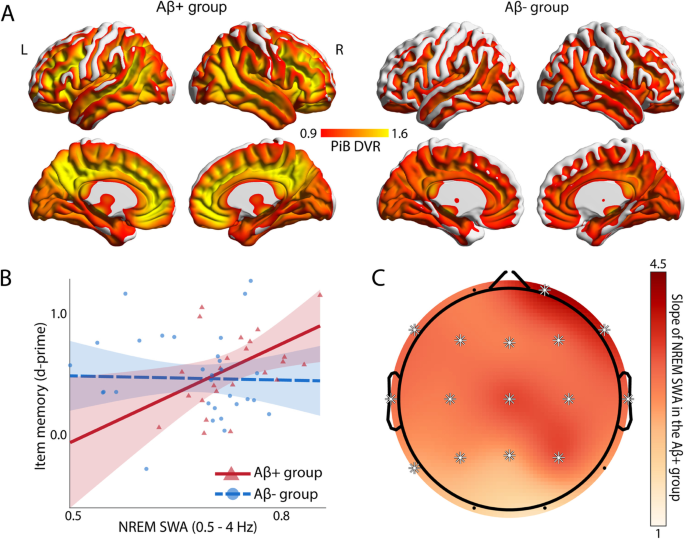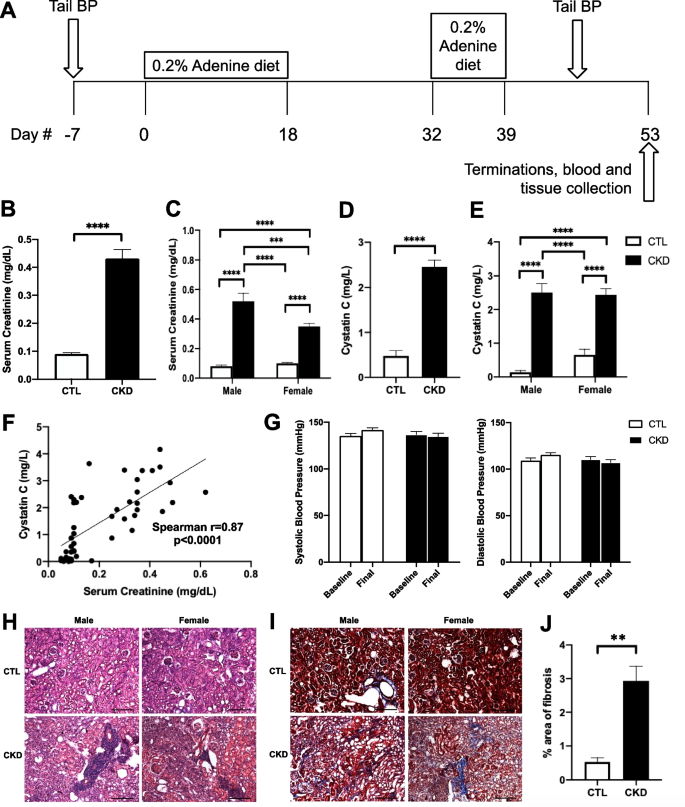2023-05-03 バッファロー大学(UB)
◆この研究は、バッファロー大学、ユタ大学、ジェネンテック社などの研究者が、正常な人とAMDの人の死後眼球組織を厳密に表現型分類し、さまざまな最新技術を駆使して実施しました。
◆この研究成果は、AMDの治療法の開発につながる可能性があります。
<関連情報>
- https://www.buffalo.edu/news/releases/2023/05/001.html
- https://www.sciencedirect.com/science/article/pii/S2666979X2300068X?via%3Dihub
システム生物学的アプローチにより加齢黄斑変性症の新規疾患メカニズムを解明 A systems biology approach uncovers novel disease mechanisms in age-related macular degeneration
Luz D. Orozco, Leah A. Owen, Jeffrey Hofmann, Amy D. Stockwell, Jianhua Tao, Susan Haller, Vineeth T. Mukundan, Christine Clarke, Jessica Lund, Akshayalakshmi Sridhar, Oleg Mayba, Julie L. Barr, Rylee A. Zavala, Elijah C. Graves, Charles Zhang, Nadine Husami, Robert Finley, Elizabeth Au, John H. Lillvis, Michael H. Farkas, Akbar Shakoor, Richard Sherva, Ivana K. Kim, Joshua S. Kaminker, Michael J. Townsend, Lindsay A. Farrer, Brian L. Yaspan, Hsu-Hsin Chen, Margaret M. DeAngelis
Cell Genomics Published: April 18, 2023
DOI:https://doi.org/10.1016/j.xgen.2023.100302

Highlights
•Bulk transcriptome and DNA methylation from RPE/choroid of phenotyped AMD eyes
•Single-nucleus RNA-seq and ATAC-seq from retina, RPE, and choroid of control and AMD eyes
•Single-nucleus RNA-seq and ATAC-seq prioritized putative causal genes at AMD GWAS loci
•Integrative analysis identified WNT pathway regulators FRZB and TLE2 as AMD genes
Summary
Age-related macular degeneration (AMD) is a leading cause of blindness, affecting 200 million people worldwide. To identify genes that could be targeted for treatment, we created a molecular atlas at different stages of AMD. Our resource is comprised of RNA sequencing (RNA-seq) and DNA methylation microarrays from bulk macular retinal pigment epithelium (RPE)/choroid of clinically phenotyped normal and AMD donor eyes (n = 85), single-nucleus RNA-seq (164,399 cells), and single-nucleus assay for transposase-accessible chromatin (ATAC)-seq (125,822 cells) from the retina, RPE, and choroid of 6 AMD and 7 control donors. We identified 23 genome-wide significant loci differentially methylated in AMD, over 1,000 differentially expressed genes across different disease stages, and an AMD Müller state distinct from normal or gliosis. Chromatin accessibility peaks in genome-wide association study (GWAS) loci revealed putative causal genes for AMD, including HTRA1 and C6orf223. Our systems biology approach uncovered molecular mechanisms underlying AMD, including regulators of WNT signaling, FRZB and TLE2, as mechanistic players in disease.

